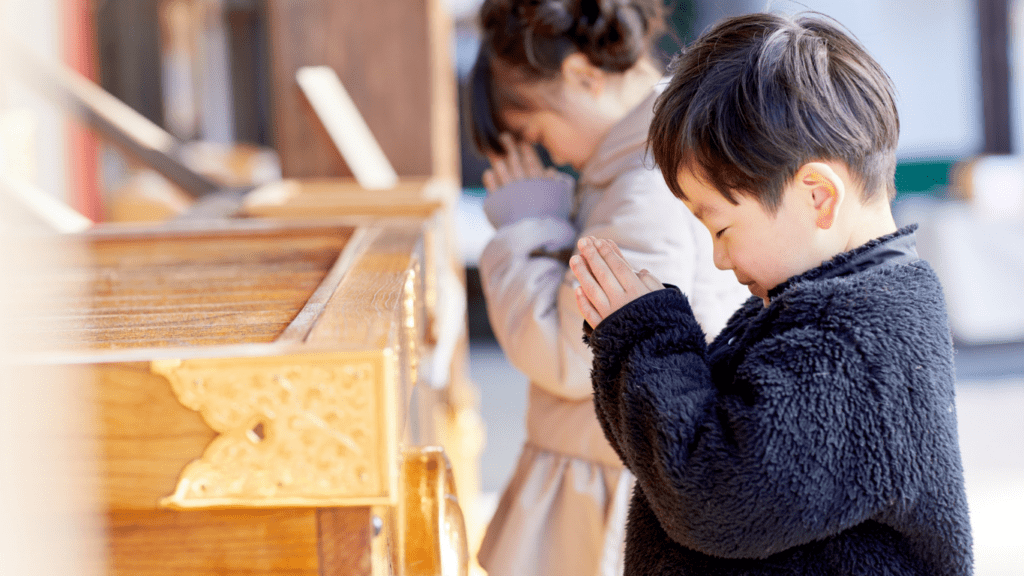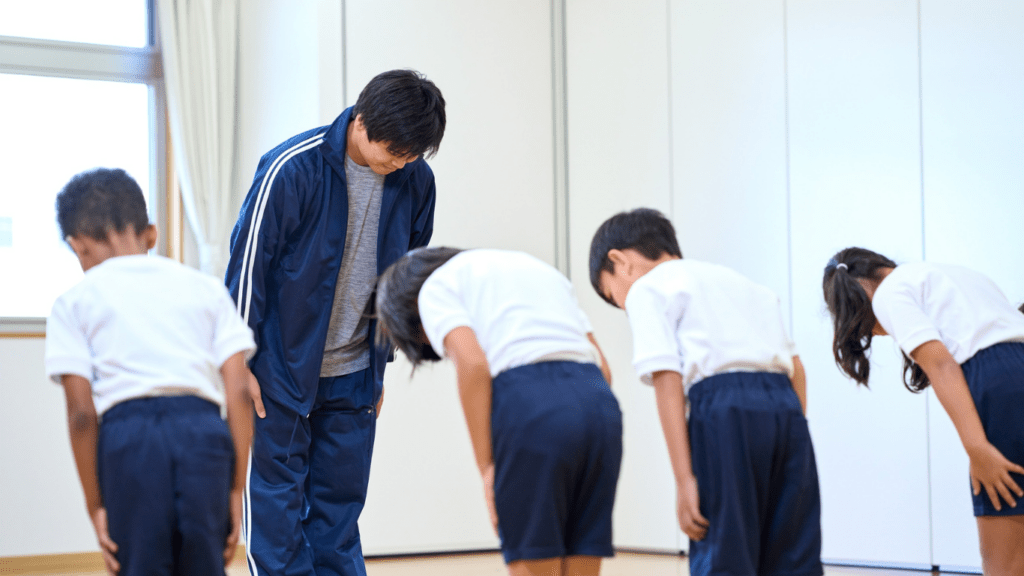In today’s fast-paced world, where rudeness often seems to reign, raising respectful kids can feel like an uphill battle. I’ve seen firsthand how easily children can absorb negative behaviors from their surroundings, whether it’s online interactions or everyday encounters.
It’s crucial to instill values of respect and kindness, even when the world around them doesn’t always reflect those ideals. Navigating this challenge requires intentionality and a few effective strategies.
By modeling respectful behavior and creating an environment that prioritizes empathy, we can equip our kids with the tools they need to thrive. Let’s explore how we can raise respectful children who stand out as beacons of positivity in a sometimes harsh world.
Understanding Respect in Parenting
Respect serves as a cornerstone in parenting, shaping children’s interactions with themselves and others. Defining respectful behavior and recognizing its importance in child development can guide effective parenting practices.
Defining Respectful Behavior
Respectful behavior embodies kindness, consideration, and valuing others. I model such behaviors by demonstrating active listening, using polite language, and showing appreciation.
Encouraging children to express their feelings and opinions respectfully fosters mutual understanding. Teaching children to acknowledge others’ boundaries and recognizing differences also cultivates respect. These behaviors set a standard for how they interact in various situations, ensuring they understand the impact of their actions on others.
The Importance of Respect in Child Development
Respect influences various aspects of child development, including social skills and emotional health. Children who learn respect often display higher self-esteem and better relationships with peers.
I notice that respectful children tend to navigate conflicts more effectively, leading to healthier interactions. Research indicates that teaching respect contributes to empathy development, allowing children to appreciate diverse perspectives.
Moreover, instilling respect creates a positive environment where children feel safe to express themselves, encouraged to explore different opinions, and secure in their ability to connect with others.
Challenges in Today’s Society
Raising respectful kids poses challenges in today’s society dominated by negativity and conflict. These influences can undermine parental efforts to instill kindness and respect.
- The Influence of Media and Technology: Media and technology shape children’s perceptions and interactions. Social media platforms often normalize disrespectful behavior, showcasing bullying and conflict. Content featuring aggression or ridicule influences children’s understanding of acceptable behavior.
- Peer Pressure and Social Dynamics: Peer pressure significantly impacts children’s behavior and attitudes. Friends often dictate social norms, which can lead children to engage in disrespectful behaviors to fit in. Social dynamics at school may prioritize popularity over kindness, pushing kids toward conformity rather than individuality.
Strategies for Raising Respectful Kids
Raising respectful kids in today’s environment demands intentional strategies. These approaches nurture kindness and consideration, countering the negative influences prevalent in society.
Modeling Respectful Behavior
Modeling respectful behavior serves as a foundational strategy. I demonstrate respect in my interactions, showing kindness and consideration to others. When I speak to service workers, greet neighbors, or handle disagreements, I set an example.
Children observe these actions, understanding that respect is vital in all relationships. I also encourage open conversations about respectful behavior. When discussing media content or real-life situations, I highlight instances of kindness and respect.
I help my children recognize the importance of their behavior and how it impacts their relationships.
Teaching Empathy and Tolerance
Teaching empathy and tolerance builds crucial social skills. I focus on helping my children understand the feelings and perspectives of others. Engaging in discussions about diverse cultures and backgrounds sparks their curiosity and appreciation for differences.
I encourage my children to get involved in community service or volunteer activities. These experiences expose them to various social situations, fostering compassion and a sense of responsibility.
I guide my children in expressing their feelings appropriately. Using “I” statements, they learn to communicate their emotions while respecting others’ boundaries. These techniques not only promote empathy but also foster tolerance in their relationships, helping them navigate a diverse world.
Effective Communication Techniques
Effective communication techniques play a vital role in raising respectful kids. These techniques enhance understanding and foster an environment where children feel valued and heard.
Active Listening Skills
Active listening skills strengthen connections and promote respect. I model this skill by giving my full attention when my children speak, making eye contact, and nodding to show I’m engaged.
I repeat back what they’ve said to confirm understanding, which ensures they feel validated. This practice not only enhances their communication skills but also encourages them to listen thoughtfully to others, reinforcing the importance of valuing different perspectives.
Encouraging Open Dialogue
Encouraging open dialogue creates a safe space for children to express their thoughts and feelings. I initiate discussions around daily experiences and current events, inviting my children to share their opinions.
I ask open-ended questions that prompt deeper thinking, such as “What do you think about this situation?” I emphasize that all feelings are legitimate, which empowers them to communicate respectfully. This dialogue fosters an atmosphere of trust and respect, enabling children to navigate diverse viewpoints with empathy and confidence.
Creating a Supportive Environment
Creating a supportive environment promotes respect and kindness in children. It’s essential to establish a strong foundation where family values and positive relationships thrive.
Establishing Family Values and Rules
Establishing clear family values and rules sets expectations for respectful behavior. I prioritize honesty, kindness, and open communication, making these principles part of our daily discussions.
I involve my children in identifying family values, giving them a sense of ownership. I clearly outline the rules that reflect these values, ensuring they understand the reasons behind them. Consistent reinforcement of these rules during everyday interactions creates an environment where respect becomes a natural habit.
Encouraging Positive Relationships
Encouraging positive relationships significantly impacts children’s understanding of respect. I guide my kids in choosing friends who reflect our family values. I emphasize the importance of surrounding themselves with supportive peers who model respectful behavior.
I facilitate opportunities for them to engage in social activities, nurturing their connections with others. I also teach conflict resolution skills, demonstrating how to resolve disagreements respectfully. Fostering these positive relationships equips my children with the tools to navigate social dynamics effectively.


 Maria Chavarria brought a creative heartbeat to Motherhood Tales Pro, helping define its voice and visual identity. Her background in content development and community engagement allowed the platform to resonate deeply with its audience. Maria played a key role in crafting messaging that speaks directly to mothers, amplifying stories and advice that make the brand both relatable and trusted.
Maria Chavarria brought a creative heartbeat to Motherhood Tales Pro, helping define its voice and visual identity. Her background in content development and community engagement allowed the platform to resonate deeply with its audience. Maria played a key role in crafting messaging that speaks directly to mothers, amplifying stories and advice that make the brand both relatable and trusted.